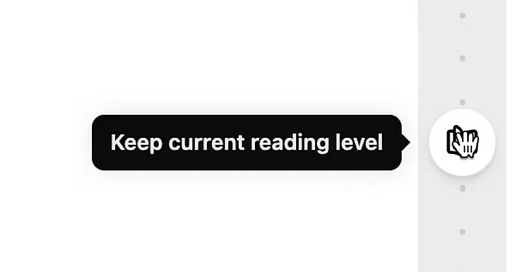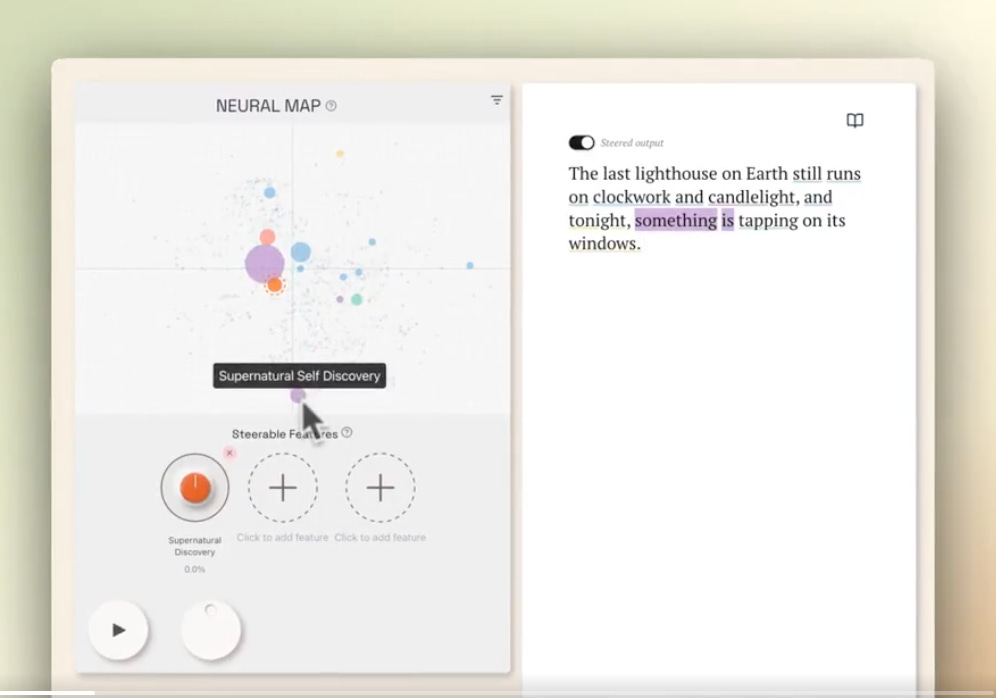Experience vs. Innovation in Modern Software User Experience
Software is going through enormous changes! Think about new design patterns, minimal UI, voice, new devices, robotics, code generation that democratises development – and many more.
The software development and related UX landscape has fundamentally shifted. Though design foundations remain essential even as the rules of interaction change rapidly.
Traditional interface design principles are being challenged by:
Minimal and zero UI paradigms
AI‑Augmented Workflows
Voice and conversational interfaces
AI-driven personalization and automation
No-code/low-code democratization of development
Human‑robot interaction
The most valuable UX veterans are those who use core UX fundamentals while embracing emerging technologies. Who applies critical thinking from past paradigm shifts to new context and understands organizational and business constraints (these remain constant / changes at slower pace).
"we've always done it this way"
Ask “how might we approach this differently?"
Unfortunately, we can still see the same old UX dogmas in the community. The "veteran bubble" phenomenon creates a self-reinforcing cycle where dated methodologies get praised by the same people who created them.
Let’s forget:
Complex documentation-heavy processes that worked in the waterfall era
Resistance to AI-powered streamlining and automation
Wireframes and prototypes treated as sacred artifacts rather than disposable tools
Development cycles measured in months/years, not days
User research requiring extensive planning and resources
"Design systems" meant static style guides, not dynamic code
What we need:
Rapid iteration and continuous deployment
Automated testing and feedback collection – ask me for implementation advice:
Componentized design that blurs boundaries between design and development
AI-assisted creation that amplifies the role of the designer
More actual results with people who can show what they built
Understanding how AI can enhance user experiences
People who learned to design for AI-driven products, incl. voice interactions and conversational AI
Designers who can use analytics to inform design decisions
So all in all UX experts can remain highly relevant—provided they adapt to today's rapidly evolving technology.
I suggest continuous learning: developing basic skills in adjacent fields – voice engineering, conversational copywriting or AI prompt‑engineering. Create a “T‑Shaped” skill profile: deep UX expertise plus breadth in emerging domains.
Design expert’s deep understanding of human behaviour, design principles and system thinking is invaluable:
Even as interfaces become minimal or invisible, the core UX principles of clarity, simplicity, ease of use and meeting user expectations remain crucial.
AI-First Design example collection: https://x.com/leerob/status/1869755457029476482





